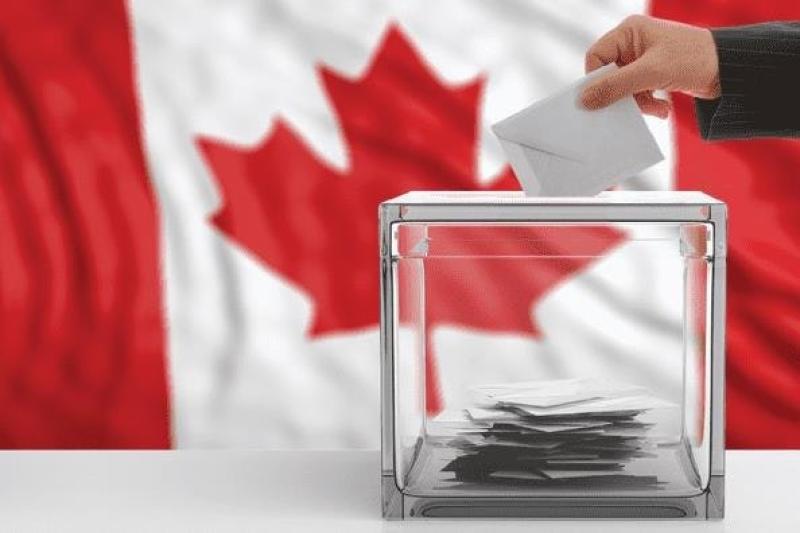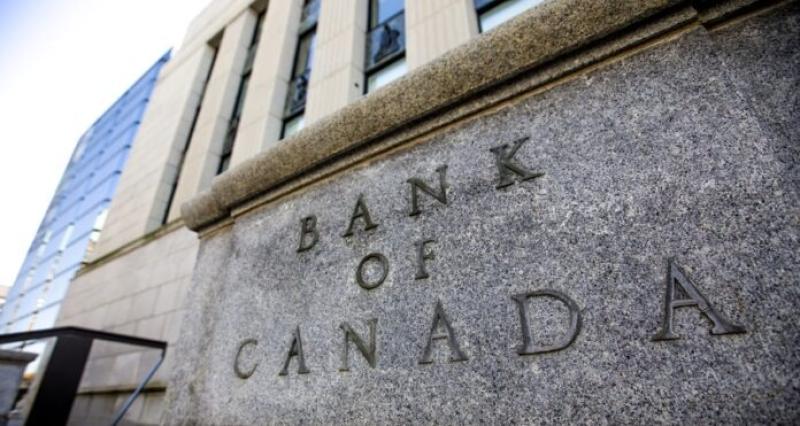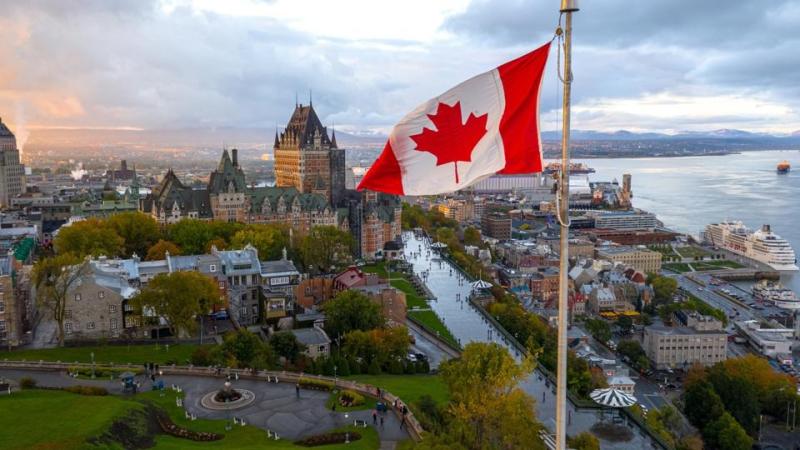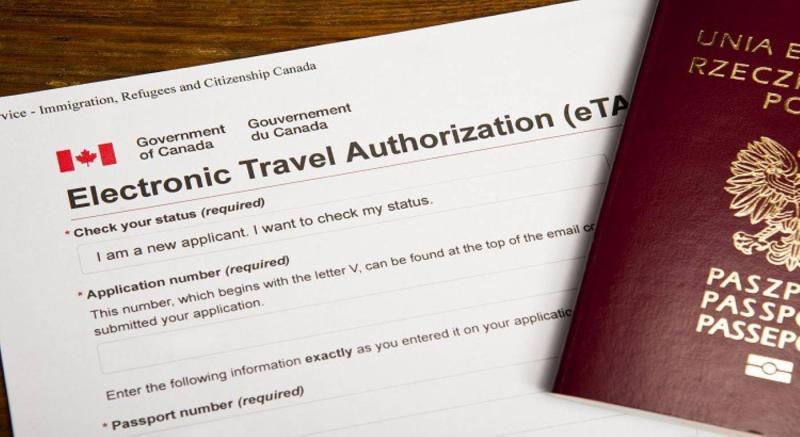Canada’s Unprecedented Dual Snap Elections, A Way Out of the Economic Crisis

Throughout Canada’s parliamentary history, both federally and provincially, snap elections have been called for various reasons. However, never before have both federal and provincial snap elections occurred in the same year. That changes in 2025.
This year marks the first time Canada will witness dual snap elections—first with the Ontario General Election, won by the Progressive Conservative Party, and soon with a federal election expected in late March or early April. The drive behind these unexpected votes appears to be the escalating trade war waged by the United States against Canada, a crisis that demands political and economic stability.
The question now is whether the federal Liberal Party, despite its challenges, could secure another victory—much like Ontario’s Progressive Conservatives did. In times of economic uncertainty, voters often prioritize stability over change, reluctant to "rock the boat." Ontario’s Premier Ford, demonstrated a firm grip on governance during these unforeseen economic threats, reassuring voters who opted for continuity rather than risk an untested leadership. Could the same logic apply to the federal stage?
However, the Liberal Party enters this election under different circumstances. Its new leader, who assumed the position through party leadership election rather than a general one, must now prove to the Canadians that he is capable of leading the country through these turbulent times. The party’s record has been tainted by chaotic immigration policies that have strained the economy rather than strengthen it, costly financial aid to Ukraine at a time when Canadians themselves face economic hardship, and broader concerns over inflation, recession, and sluggish growth.
Can Carney—if elected—swiftly address these challenges while countering U.S. economic pressure? Will his government implement direct measures to ease financial burdens, such as scrapping the carbon tax, which he recently did, to reduce fuel and energy costs, thereby lowering grocery prices and overall living expenses? Or will he leave provinces to navigate the crisis independently, risking further economic fragmentation?
Regardless of which party forms the next government, its primary focus must be on uniting the provinces under a cohesive strategy to protect the economy, ensure stability, and foster growth. Equally, Canadian voters must make a calculated choice—electing a government capable of not only navigating these tough times but also spearheading a swift recovery.
With limited time before the election, political parties must shift their focus from partisan accusations to concrete action plans. Canadians deserve clarity on how each party intends to steer the country through this crisis and beyond. There is no room for empty rhetoric—what’s needed now is leadership, vision, and a unified effort to secure Canada’s future.


















